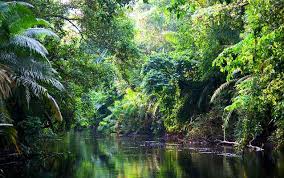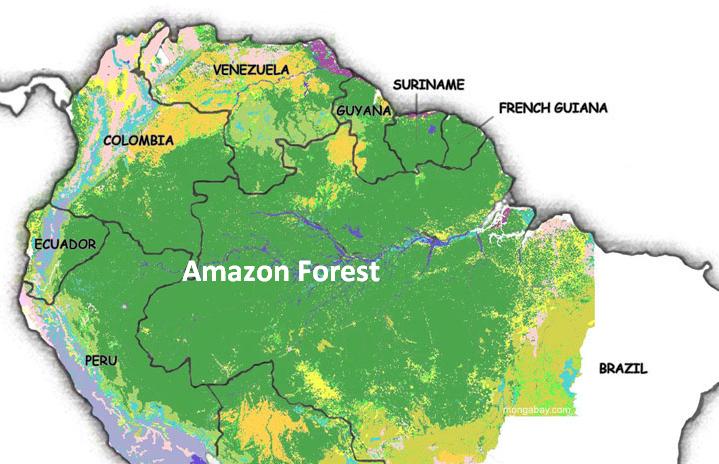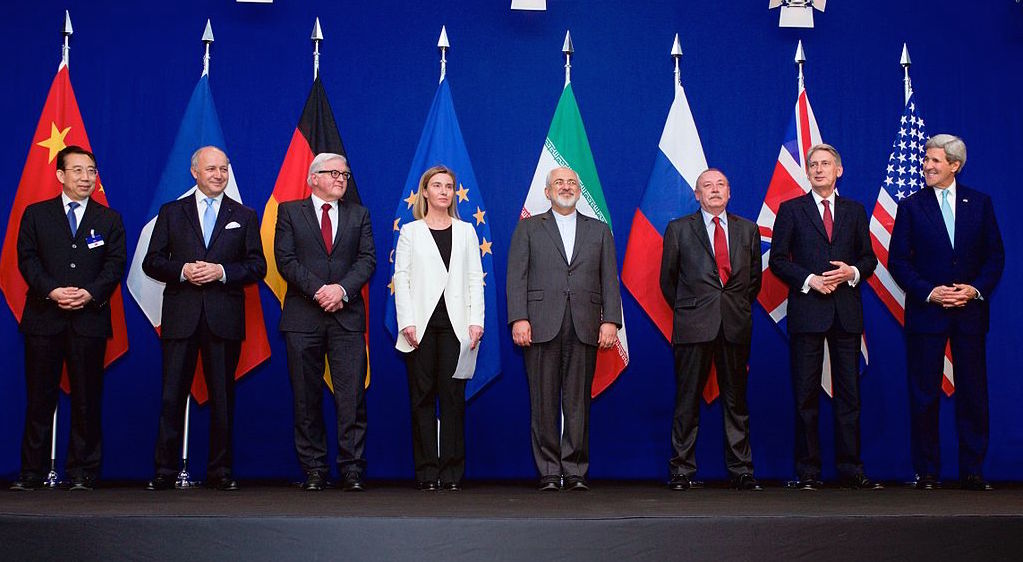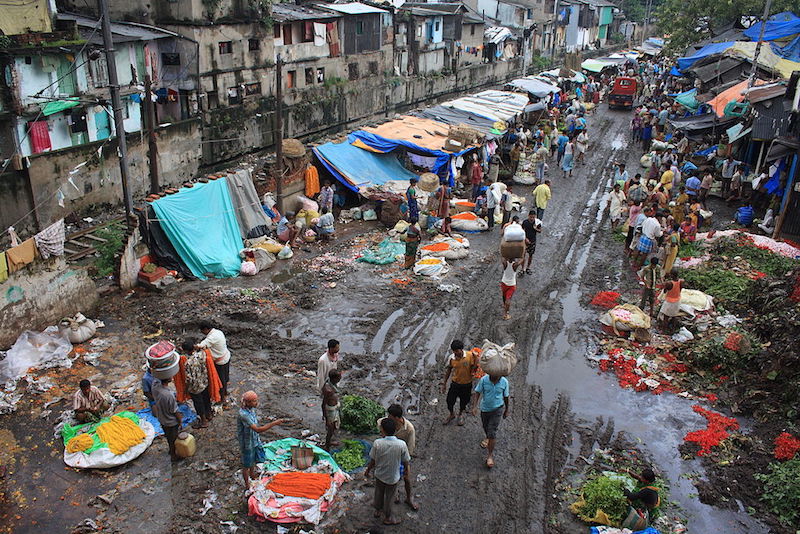Plans to begin drillling oil in an untapped region of the Amazon rainforest in southern Ecuador are set for later this year. The drilling will be centered in the Yasuni forest, one of the most bio-diverse areas in the world, which until last year was protected under a UN-backed agreement known as the Yasuni ITT initiative.
The conservation plan was developed in 2010 and included arrangements for foreign states to invest in a “Yasuni Trust Fund” that would essentially pay Ecuador not to drill in the region. The initiative was set to raise about US $3.6 billion, to roughly 50 per cent of the profit Ecuador would have obtained if drilling had taken place. The Yasuni ITT fund, administered by the UN Development Program, was the only agreement of its kind and if successful, would have prevented over 400 million tonnes of carbon dioxide from reaching the atmosphere.
Ecuadoran President Rafael Correa cancelled the project in August 2013, saying the fund had only raised $13 million. This summer Mr. Correa issued permits for drilling on the 6,500-square-mile reserve and allowed oil production to begin as early as 2016. The permits also enable Petroamazonas, a division of Ecuador’s state oil company, to begin construction of drilling infrastructure in the area, such as access roads and camps in the rainforest.
When Mr. Correa announced his decision to move ahead with drilling plans in Yasuni, he claimed it was his last resort and blamed collapse of the agreement on the lack of financial support from the international community. “The world has failed us,” Mr. Correa stated and explained that “it was not charity that we sought from the international community, but co-responsibility in the face of climate change.”
There is some merit to Mr. Correa’s argument; a level of international co-responsibility is necessary for any long-term climate protection scheme. The consequences of environmental degradation are not limited by sovereignty and therefore require international solutions. Geography is also a factor, as many significant areas that require environmental protection are shared by multiple nations. For example, the Amazon rainforest borders both Ecuador and Brazil. In order to ensure holistic protection of the rainforest, there needs to be a level of international agreement between these two states. This is especially true at a time when the Brazilian government figures show Amazon deforestation has increased by 29 per cent in the 12 months up to the end of July 2013.
That being said, the necessity of international cooperation does not guarantee its existence. One of the issues with the Yasuni ITT initiative was that it did not provide enough incentives for international cooperation. There was no financial return for states that chose to invest in the trust fund, nor was there any tangible punishment for states that chose not to invest. Rather, governments were expected to protect the rainforest based on goodwill. Although this is an admirable quality, it is unlikely to be a sustainable incentive for long term investment. Aside from the international community, Ecuador also had limited incentives to uphold the conservation plan. Mr. Correa’s government was to receive only 50 per cent of the potential oil revenue. Although this represents a considerable sum of money, domestic issues and economic conditions could easily influence the government to view the other potential 50 per cent as essential. The conservation plan failed to address this issue by providing no punishment for Ecuador if it chose to close the trust fund and take the oil revenue instead.
Despite these flaws, the Yasuni ITT initiative was significant because it represented the origins of a new type of climate protection. Hopefully, it has laid the way for future climate protection schemes where the international community offers financial incentives to offset the profits of oil drilling. However, in the meantime the world is about to lose one of its most environmentally-wealthy regions. Each hectare of the Yasuni rainforest contains more species than all of North America combined. Additionally, the Amazon rainforest plays an integral role in protecting the atmosphere, especially at a time when greenhouse gases levels have grown at their fastest rate since 1984. It is essential that the international community continue to raise awareness about the significance of environmental degradation and the cost of doing nothing.
Augusta Waldie





